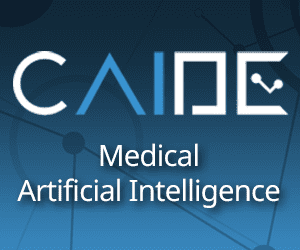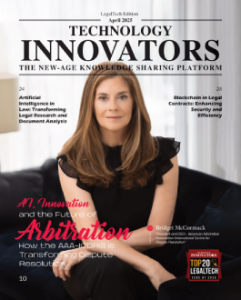Personalization at scale refers to the ability to deliver highly tailored and individualized customer experiences to a large audience, enabled by leveraging artificial intelligence (AI) and data-driven insights. Here’s how businesses can leverage AI for hyper-personalized customer experiences:
- Customer Data Collection and Analysis: AI-powered customer data platforms (CDPs) aggregate and analyze vast amounts of customer data from various sources, including transaction histories, browsing behavior, demographic information, and social media interactions. Machine learning algorithms process this data to identify patterns, preferences, and trends, enabling businesses to gain deep insights into individual customer preferences and behaviors.
- Segmentation and Targeting: AI algorithms segment customers into distinct groups based on shared characteristics, interests, and behaviors. By clustering similar customers together, businesses can tailor their marketing messages, product recommendations, and promotional offers to specific audience segments. AI-driven segmentation enables more precise targeting and personalized communication, improving the relevance and effectiveness of marketing campaigns.
- Predictive Analytics for Personalization: Predictive analytics models forecast future customer behavior and preferences based on historical data and real-time interactions. AI algorithms predict which products or services individual customers are likely to be interested in, anticipate their future needs, and recommend relevant offerings accordingly. Predictive personalization enables businesses to proactively engage customers with timely and relevant content, increasing conversion rates and customer satisfaction.
- Dynamic Content Generation: AI-powered content generation tools create personalized content and messaging tailored to individual customer preferences and characteristics. Natural language generation (NLG) algorithms generate product descriptions, email templates, and marketing copy customized for each customer segment, delivering personalized messages at scale. Dynamic content generation enhances engagement and resonance by delivering content that aligns with each customer’s interests and preferences.
- Recommendation Engines: AI-driven recommendation engines analyze customer data to generate personalized product recommendations and suggestions. Collaborative filtering, content-based filtering, and hybrid recommendation algorithms analyze past purchase behavior, browsing history, and demographic information to recommend products or services that are likely to be of interest to each customer. Recommendation engines enhance the shopping experience, increase cross-selling and upselling opportunities, and drive revenue growth through personalized product discovery.
- Real-Time Personalization: AI enables real-time personalization of customer experiences across digital channels, including websites, mobile apps, and email. Real-time personalization engines dynamically adjust website content, product recommendations, pricing, and promotions based on each customer’s behavior and preferences. By delivering relevant and contextual experiences in the moment, real-time personalization drives engagement, conversions, and customer loyalty.
- Multichannel Orchestration: AI-powered multichannel orchestration platforms synchronize customer interactions across multiple touchpoints and channels, ensuring a consistent and cohesive experience across the customer journey. By integrating data from various channels and devices, AI orchestrates personalized interactions and communications tailored to each customer’s preferences and context. Multichannel orchestration enhances brand consistency, customer engagement, and conversion rates by delivering seamless experiences across channels.
- Continuous Optimization and Learning: AI-driven personalization systems continuously learn and adapt based on customer feedback, performance metrics, and market dynamics. Through iterative testing, optimization, and refinement, AI algorithms improve the accuracy and effectiveness of personalization over time. Continuous learning enables businesses to stay ahead of changing customer preferences and market trends, driving ongoing improvements in customer experience and business outcomes.
By leveraging AI for hyper-personalized customer experiences, businesses can deepen customer engagement, increase loyalty, and drive revenue growth by delivering relevant, timely, and contextually rich experiences tailored to individual preferences and behaviors.








